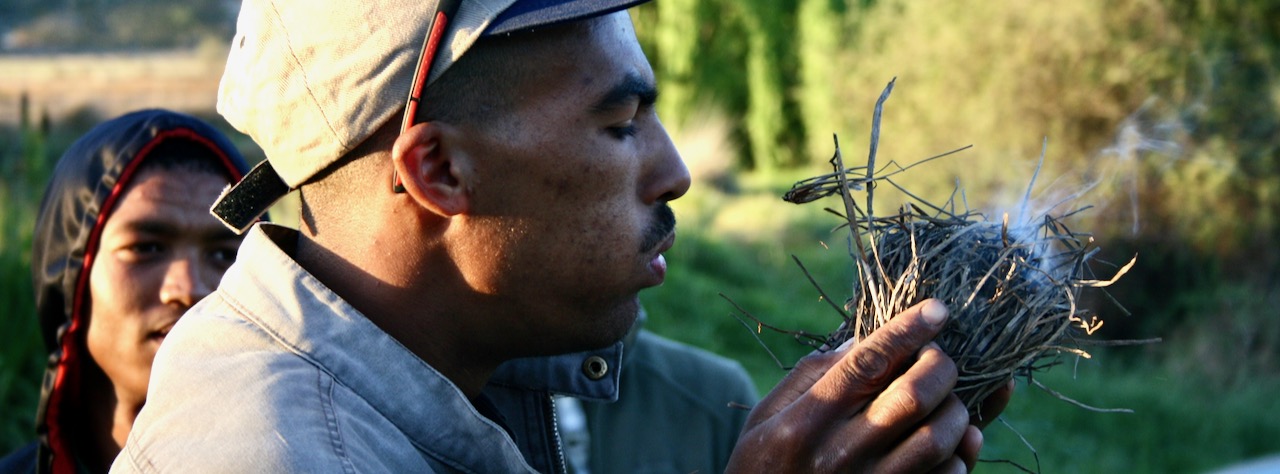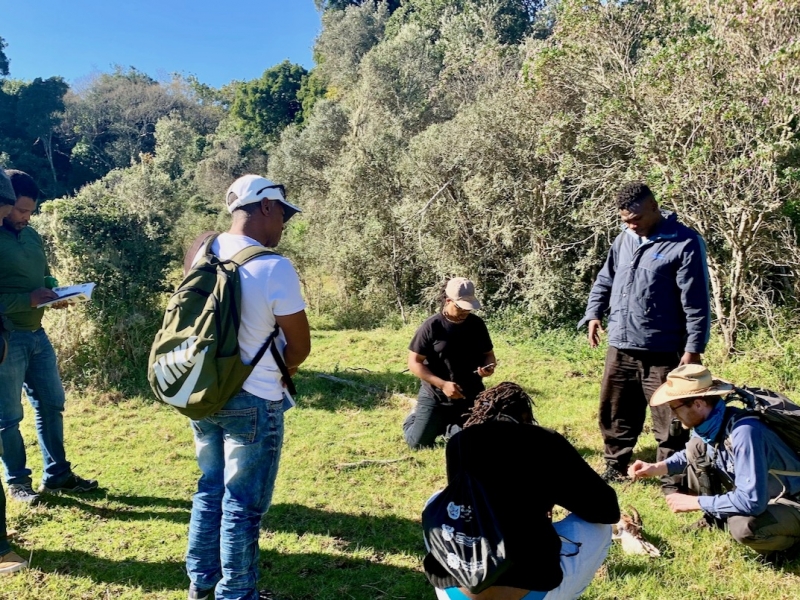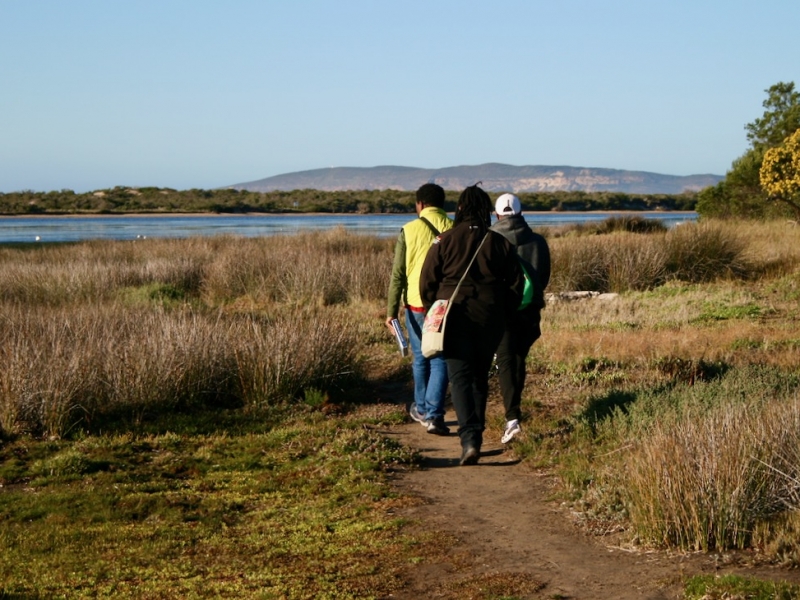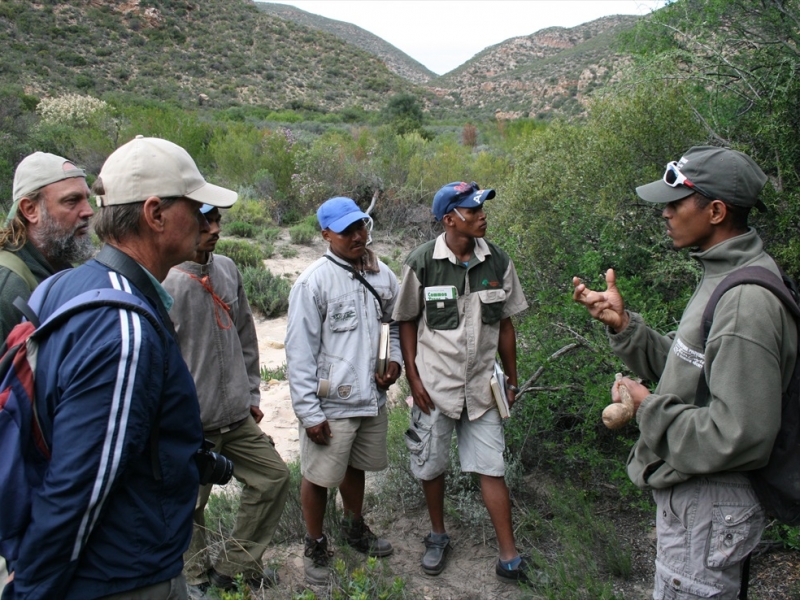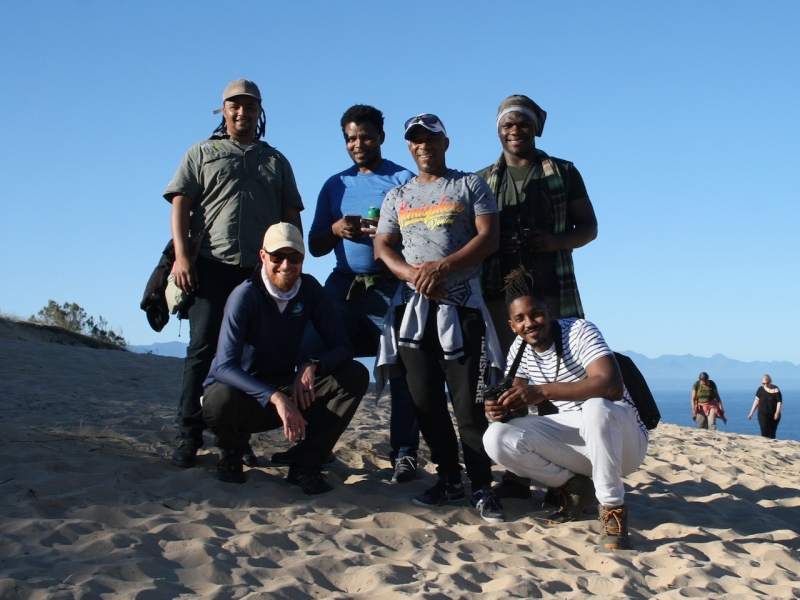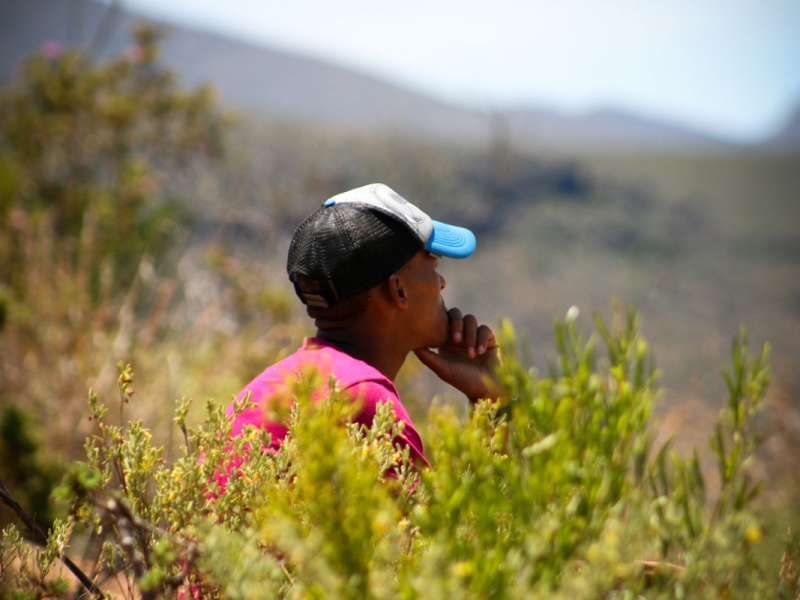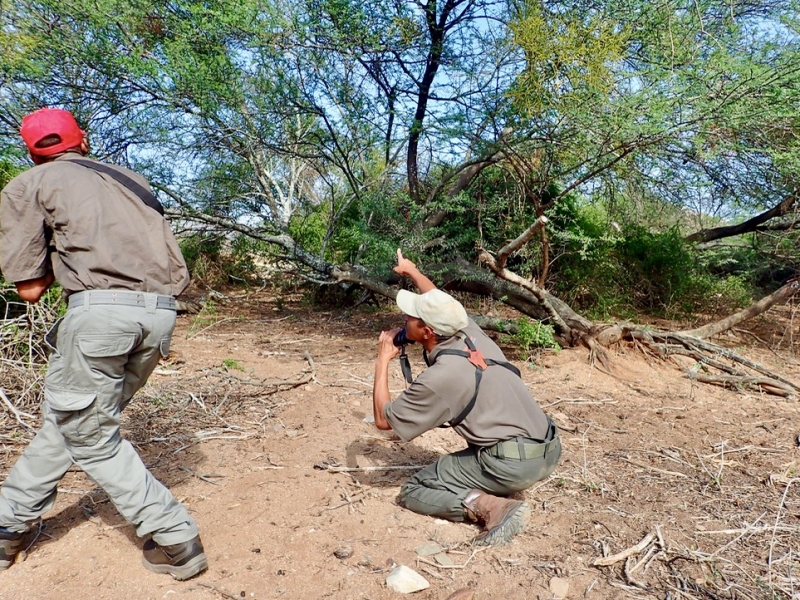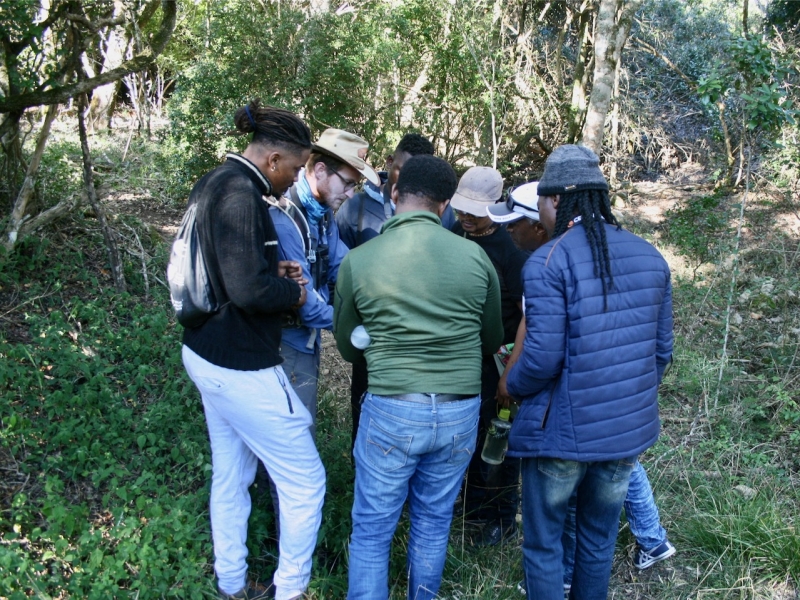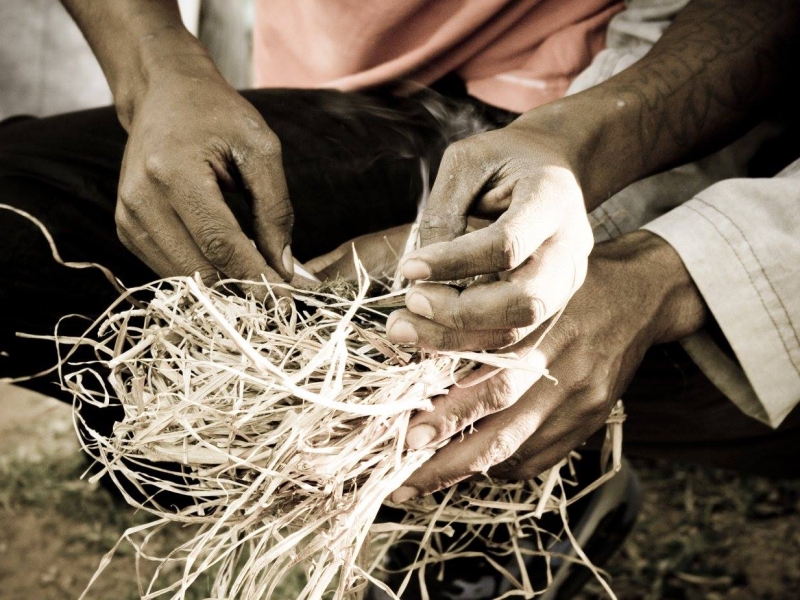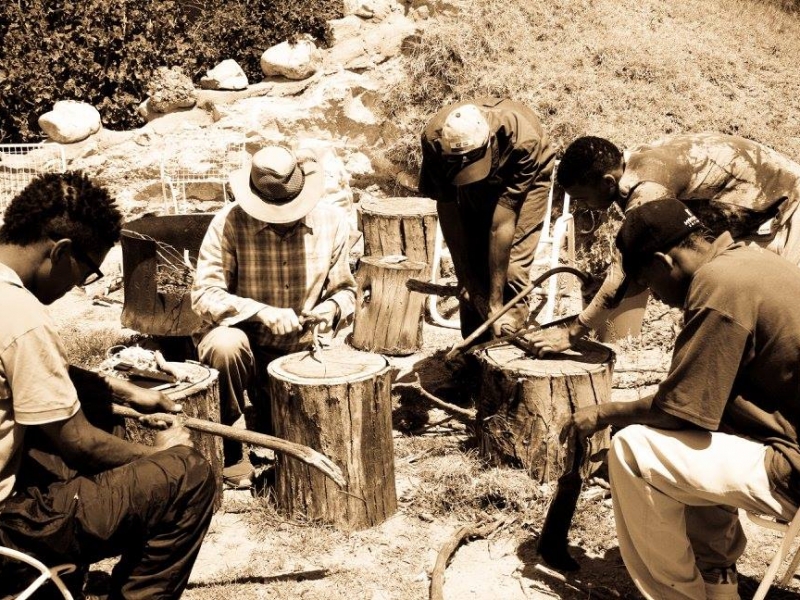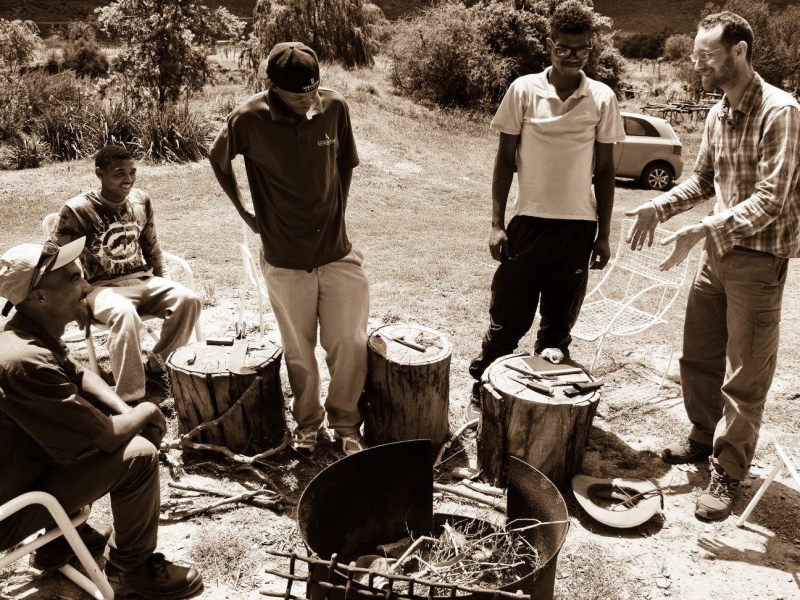Leading by Nature is a hands-on workshop for emerging field guides, educators, or youth leaders working with their communities or other groups in outdoor settings.
(Scholarships available with a letter of motivation)
Leading by Nature is supports participants in deepening their awareness of nature as a necessary foundation for improving skills in working with people. We call this "natural leadership" and explore this concept throughout the course.
Natural Leadership often begins by asking and answering the questions: “What is nature doing here?” and "Where is my awareness right now?"
From that starting point, we begin to explore what that insight may teach us and how it may help those around us in any given situation. Eventually, as a guide, educator or facilitator, we can approach new situations by asking: “What would nature do here?” and "How can I shift my awareness now?".
The answers allow us to become more effective and responsive leaders across diverse situations.
Leading by Nature equips participants with the observation and awareness skills to answer these questions and more. This in turn help us to become more sensitive and alert to the needs of both nature and the people we work with. We start to see the connections and the best ways to act on them.
What will I learn from this workshop?
We focus on both the ‘hard’ and ‘soft’ skills of natural leadership. In terms of the hard or more tangible skills, we will introduce attentive nature observation through practices including*: wildlife tracking; bird behaviour and language; nature mapping and sketching; plant species identification and uses; celestial navigation and fire-making with bow drill. In terms of the soft or more intangible skills, we work with interpersonal skills such as: greetings and gratitude customs; quietening the mind; sensory awareness; deep listening; empathy; the art of questioning and the basics of people mentoring. We tie all this into an experiential learning cycle that deepens relationships with nature, people and one's self.
How is the workshop run?
This outdoor course is very ‘hands-on’ and combines brief theoretical ‘lessons’ with extensive experiential practice with fellow participants. We model real-life scenarios that one may encounter in outdoor guiding and facilitation and give participants a safe and supportive space to solve and act out those scenarios. We allow for unstructured solo space for participants to personally reflect as well as semi-structured group time to share experiences, questions and insights. We combine solo time with group dialogue and ‘way of the council’ circles. But we also play around and have fun!
Alongside our own extensive research and combined experiences as nature-based facilitators, coaches and wilderness guides, we utilise various established approaches (such as from 8Shields and Theory U) as pathways for enhancing natural leadership.
Why is it needed?
Much of the existing field guide training focuses heavily on hard skills, ‘ecological knowledge’ and ‘nature know-how’ but lacks an exploration of the 'softer' awareness skills, including pathways that build connection with nature and people in support of authentic natural leadership.
Similarly, much facilitator training focuses heavily on interpersonal skills and social processes but lacks any grounded ‘place-based’ ecological context.
Our aim is to bridge this gap by integrating the social and ecological, while demonstrating how enhanced nature observation, awareness and connection can effectively – and naturally – support our ability to lead and inspire the people we work with.
Who is it for?
We specifically encourage emerging and aspiring field guides, outdoor educators, youth leaders and community facilitators working with groups in nature, wilderness or other urban outdoor settings. However, we welcome anyone who has a genuine interest in enhancing their nature awareness as a basis for better connection with oneself and others.
Participants from economically disadvantaged backgrounds are encouraged to apply and motivate for a scholarship position.
*Practices included in shorter programs will depend on the time available, location variables and participant interests.

